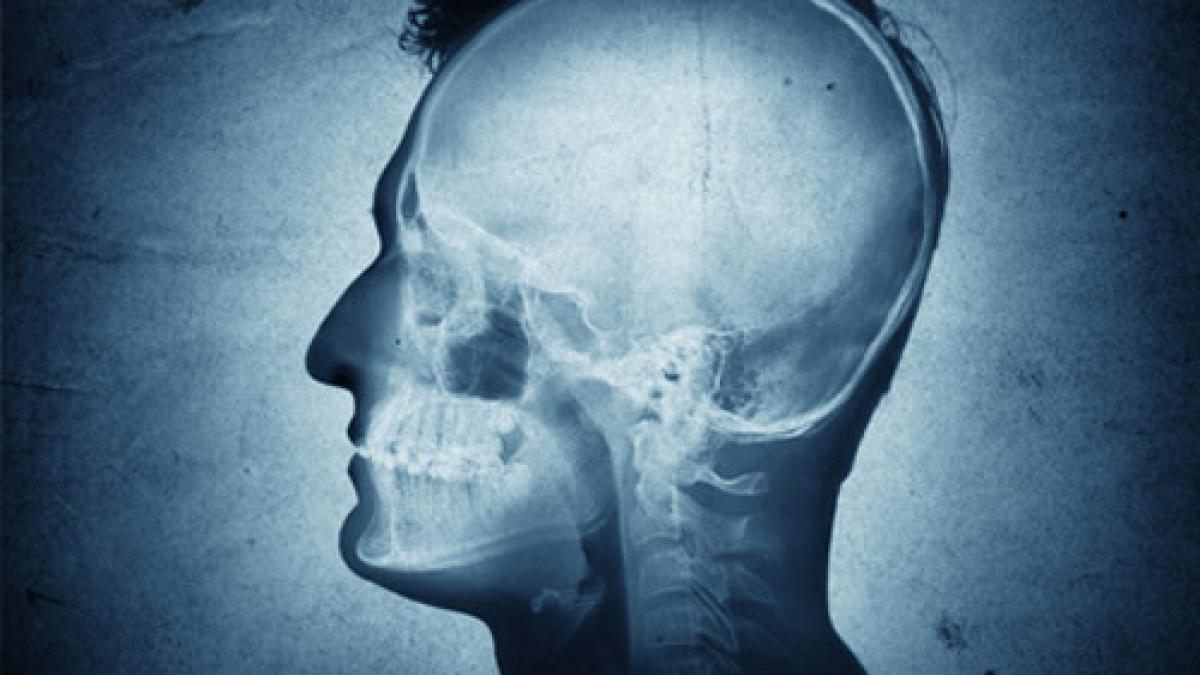People with neurological conditions, such as Parkinson’s, motor neurone disease and epilepsy, are not receiving consistent services.

40 per cent of people with a neurological condition think local services are poorly integrated
This is the warning in a progress review from the Westminster parliament’s public accounts committee on 26 February 2016.
It cites research that reveals a wide variation in access, outcomes and patient experience across England.
And it states that ‘diagnosing neurological conditions takes too long, services in hospitals are variable and local health and social care services are often poorly coordinated’.
Data from the review shows that more than 40 per cent of people with a neurological condition think local services are poorly integrated, and only 12 per cent have a written care plan to help coordinate their care.
In addition it includes figures that geographically compare the outcome of patients receiving treatment for epilepsy. These show that in 2013-14 the proportion of adults with epilepsy who remained seizure-free for 12 months ranged from 87 per cent in South-West Lincolnshire to 47 per cent in Hull and North Manchester.
Jakko Brouwers, chair of the Association of Chartered Physiotherapists in Neurology (ACPIN), told Frontline: ‘The review’s findings highlight what our members have been aware of for a long time – that there is a under-resourcing of therapy services for people with neurological diseases.
‘Research suggests that neuro physiotherapy can make a real difference to these peoples’ lives and ACPIN will continue to campaign for better services for our patients and members.'
Improving commissioning
Confusion over commissioning responsibilities is leading to ineffective neurological services, the review says, and CCGs hold the key to improving services and reducing variations in outcomes.
It recommends that NHS England should set out plans that
- clearly define which neurological services should be commissioned by NHS England and which services should be commissioned locally by CCGs
- make best use of the available neurologists and make more use of other clinical staff
- establish how new ‘commissioning for value’ data packs will help CCGs to improve neurological services, and how CCGs will be held to account for their performance
Find Out More
Number of subscribers: 0